Freedom
Joe Rogan Questions Science with Faithful Perspective
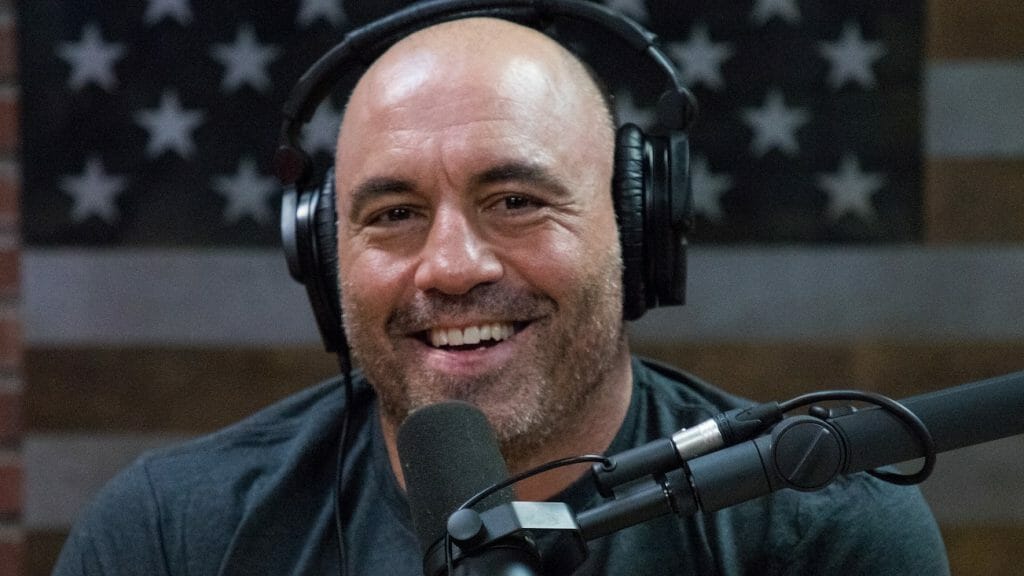
In a world increasingly dominated by secular narratives and scientific conjectures, it’s refreshing to see influential voices like Joe Rogan’s questioning the prevailing orthodoxies of modern science. Recently, Rogan expressed his skepticism regarding the Big Bang theory, contrasting it with the profound truth of the Resurrection of Jesus Christ. For many who cherish traditional values and hold firm to their faith, Rogan’s perspective is a breath of fresh air.
During a conversation with comedy podcast host Cody Tucker, Rogan, who identifies as agnostic but was raised Catholic, made a compelling case for the plausibility of the Resurrection over the Big Bang theory. He noted the irony that while many are skeptical of Jesus rising from the dead, they readily accept the notion that the universe was once smaller than a pinhead and then exploded into existence without a clear explanation.
“It’s funny, because people will be incredulous about the Resurrection of Jesus Christ, but yet, they’re convinced that the entire universe was smaller than a head of a pin and that for no reason that anyone has adequately explained to me, instantaneously became everything? OK,” Rogan stated.
Rogan’s reflections resonate deeply with those who see the hand of a Creator in the beauty and complexity of the universe. He challenges the materialist worldview, which often dismisses the need for a divine force in creation, by suggesting that even science requires a leap of faith.
“Modern science is based on the principle: ‘Give us one free miracle and we’ll explain the rest.’ The one free miracle is the appearance of all the mass and energy in the universe and all the laws that govern it in a single instant from nothing,” Rogan quoted, highlighting the faith-based underpinnings of scientific explanations.
In a world that often seems lost and in need of guidance, Rogan’s acknowledgment of the importance of Jesus is particularly poignant. He stated, “I’m sticking with Jesus on that one. Jesus makes more sense. People have come back to life.” This sentiment underscores the enduring power of faith and the hope it provides in a world that can often seem chaotic and disordered.
Rogan’s discussions about religion and Jesus Christ on his podcast have become more frequent, reflecting a broader cultural yearning for spiritual truth and moral clarity. During an interview, Rogan expressed admiration for the concept of Jesus, saying, “I think the concept of Jesus is absolutely amazing, and if Jesus came here and wanted to visit me, I would be psyched.”
In another conversation, Rogan highlighted the broken nature of our world and the pressing need for Christ’s return. “It’s a f—-d up world we live in,” he said. “We need Jesus. For real, like if you came back now, like Jesus, if you’re thinking about coming back, right now, now’s a good time.”
Rogan’s willingness to explore these topics with an open mind is a testament to the enduring relevance of faith in our modern world. His reflections remind us of the importance of grounding our lives in biblical principles and the hope that comes from a relationship with Jesus Christ. As we navigate the complexities of contemporary life, let us hold fast to our faith, cherish our families, and defend our freedoms, knowing that our ultimate hope rests in the eternal truth of the Gospel.
Let us know what you think, please share your thoughts in the comments below.
Freedom
The Rise of the Controversial “Woke Right” Movement

In today’s rapidly evolving cultural landscape, it is more important than ever for Christians and conservatives to stand firm in their faith and values. The emergence of a so-called “woke right” presents a unique challenge, as it mirrors the progressive left’s ideology but with a reversed demographic focus. This phenomenon raises crucial questions about the nature of wokeness and its compatibility with traditional Christian and conservative principles.
The term “woke right” might seem like an oxymoron to many, as wokeness has traditionally been associated with left-wing, progressive movements. However, this label is being applied to a small group on the right, including some Christians, who claim that straight white men are now the oppressed group and that society is dominated by women and hegemonic narratives. This perspective suggests that the solution lies in radical social transformation, akin to a Protestant Franco or a Christian prince.
Critics of this “woke right” ideology, including well-known figures like James Lindsay, Konstantin Kisin, and Jordan Peterson, have voiced their concerns. They warn that adopting such ideas could lead to a distortion of Christian teachings and a departure from biblical truths. Evangelicals like Kevin DeYoung, Doug Wilson, and Seth Dillon have also expressed apprehension about the potential impact on the Church if it were to embrace this right-wing version of wokeness.
The debate over the legitimacy of the “woke right” label is multifaceted. Some argue that wokeness is inherently a left-wing phenomenon, making the term “woke right” contradictory. However, wokeness is not solely about politics; it is fundamentally about ideas concerning identity, power, and oppression. Therefore, those on the right who adopt a woke ideological framework can arguably be described as part of the “woke right.”
It is essential to recognize that the label “woke right” can sometimes be used as a broad slur or a tool to silence dissent. This mirrors past accusations of wokeness being used to discourage Christians who genuinely care about issues like racism and sexism. The critical question remains: are these woke ideas true or false, biblical or unbiblical?
Some within the dissident right have indeed adopted ideas from leftist thinkers like Antonio Gramsci and Michel Foucault. While not everyone actively reads these authors, the influence of their ideas is palpable in certain circles. This adoption of leftist ideology by some on the right is concerning, as it risks undermining the core principles of faith, family, and freedom that are central to the conservative worldview.
As cultural critic Rob Henderson noted, progressive activism often follows a predictable pattern, culminating in the acceptance of previously radical ideas. We must be vigilant in ensuring that our beliefs align with Scripture and traditional values. Honest dialogue and transparency are crucial in this pursuit, as they allow us to reexamine assumptions, expose errors, and test all things against biblical teachings.
In these challenging times, we must remain steadfast in our commitment to upholding traditional values, defending American freedoms, and promoting a faith-based perspective. By doing so, we can ensure that our society remains rooted in the principles that have long guided us: faith, family, and freedom.
Let us know what you think, please share your thoughts in the comments below.
Freedom
Toms River Church’s Fate Hangs in Balance as Controversy Erupts
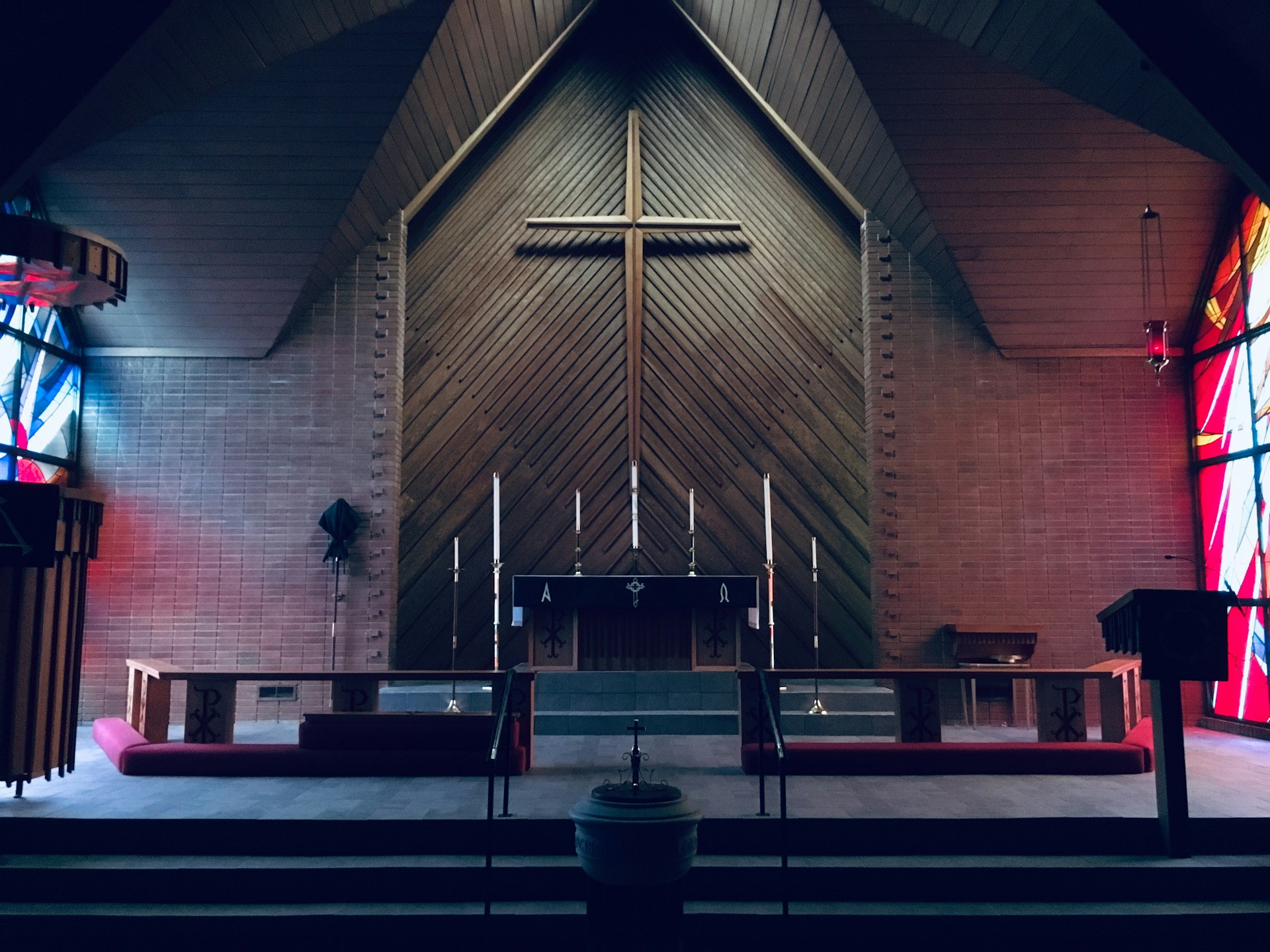
In a troubling move that raises serious questions about the erosion of religious freedoms and the disregard for Christian compassion, the town council of Toms River, New Jersey, is aggressively pursuing the acquisition of Christ Episcopal Church’s historic 11-acre campus. This 160-year-old parish, a beacon of hope and support for the community, is currently seeking permission to establish a 17-bed shelter for the homeless—a mission that aligns perfectly with the Christian call to serve the least among us.
In a narrow 4-3 vote during an April 30 meeting, the council decided to proceed with plans to purchase the church and five other properties, or seize them if necessary, to construct two new public parks. Mayor Daniel Rodrick, who has been vocal in his criticism of homelessness, envisions pickleball courts, a soccer field, a playground, and a skate park replacing the church’s grounds.
The Rev. Lisa A. Hoffman, the church’s rector, expressed her shock and disappointment, stating, “It’s just really shocking and surprising and very disappointing.” The church was blindsided by this ordinance, learning of it mere hours before the vote, and no officials had the courtesy to notify the congregation in advance. Hoffman rightly questions the legitimacy of using the land for a park as a reason to seize church property.
Attorney Michael York, representing the church, highlighted the bad faith actions of the township and mayor, calling the ordinance “an excuse to obtain property.” He warned of impending litigation against officials who knowingly participate in this ill-conceived action. York pointed out that the township is in a “perilous position,” given the legal complexities involved, including the Episcopal Church’s Dennis Canon, which holds parish property in trust for the diocese and national church.
The council’s debate was brief but heated, with Council member Thomas Nivison unsuccessfully attempting to table the measure or exclude the church from consideration. James Quinlisk, who voted against the ordinance, passionately declared, “There’s no way on God’s green Earth that anyone should vote for this ordinance,” a sentiment that resonated with the audience, earning loud applause. In a powerful moment, David Ciccozzi stood to cast his no vote and led the room in the Lord’s Prayer, underscoring the deep faith that guides the church’s mission.
The church’s contributions to the community are invaluable. Each Sunday, more than 150 congregants gather for worship, and the church hosts over 20 support groups, operates a food pantry, and runs a weekly clothing giveaway. The property also houses the Ocean Christian Community and has been a base for the Affordable Housing Alliance, which has rehoused over 130 families in its first year.
This situation echoes a similar case in Bryan, Ohio, where a pastor faced legal challenges for keeping his church open to shelter the homeless. Such actions against churches dedicated to serving their communities are a stark reminder of the challenges facing religious institutions today.
As Christians, we are called to defend our faith and our freedoms. The actions of Toms River’s council not only threaten the church’s mission but also set a dangerous precedent for religious liberty. We must stand firm in our commitment to uphold traditional values, protect our places of worship, and ensure that the principles of faith, family, and freedom remain at the heart of our society.
Let us know what you think, please share your thoughts in the comments below.
Freedom
California Assembly Blocks Bill on Human Trafficking of Teens
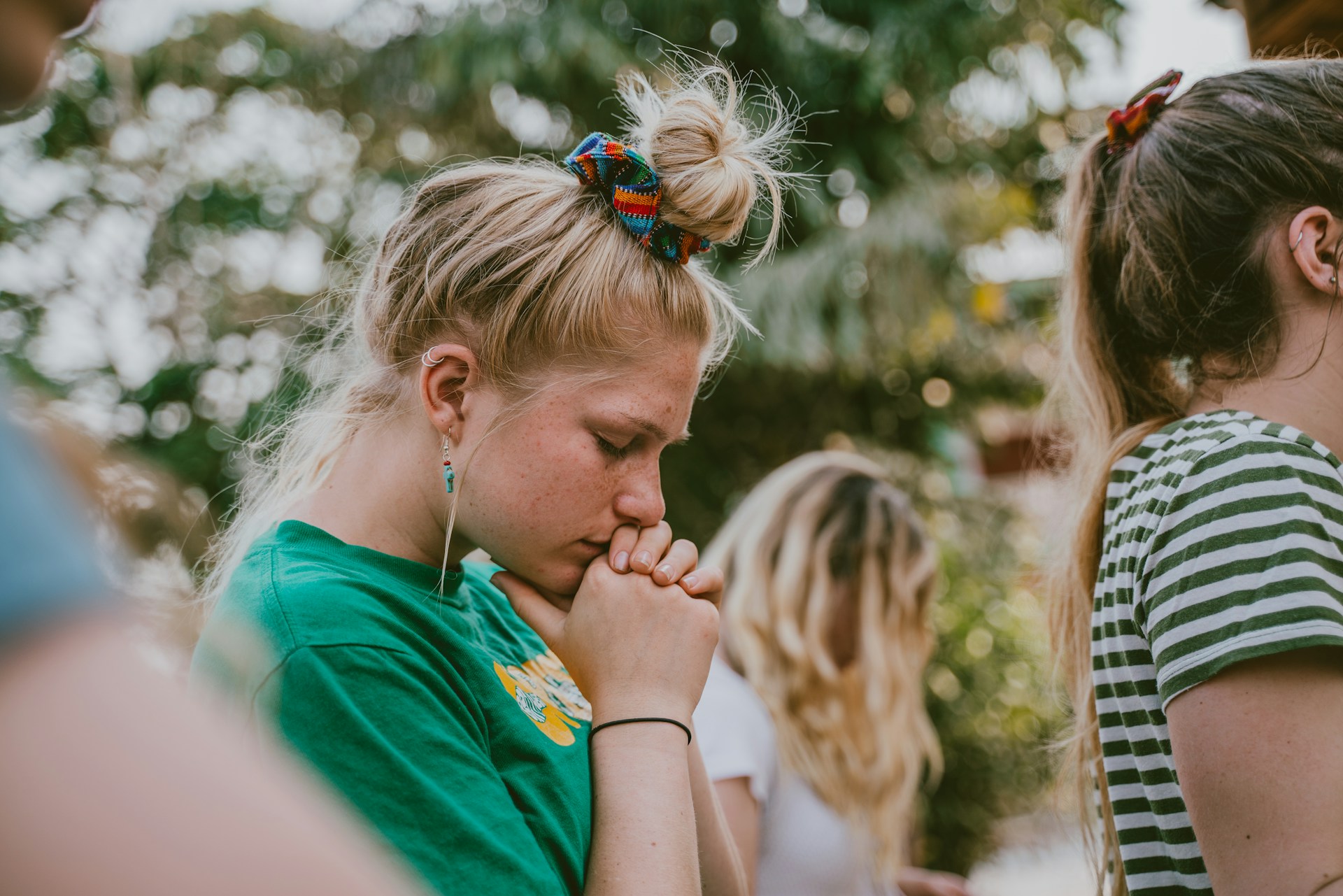
In a move that raises serious concerns about the protection of our most vulnerable, California Democrats in the State Assembly have once again blocked a crucial bill aimed at making the sex trafficking of minors a felony. This time, the focus is on victims aged 16 and 17. The decision to block this bill highlights the ongoing debate between those who seek to uphold justice and those influenced by the ideals of “criminal justice reform.”
Republican State Senator Shannon Grove from Bakersfield has been a steadfast advocate for protecting minors from the horrors of sex trafficking. Her proposed bill aimed to classify the sex trafficking of minors as a “serious felony,” a move that received unanimous support in the State Senate. However, the Democrats on the State Assembly’s Public Safety Committee have consistently obstructed its progress, citing a reluctance to increase criminal penalties.
This obstruction is not just a political maneuver; it is a moral failing. It is a refusal to stand up for the innocent and to hold accountable those who exploit them. The reluctance to enforce stricter penalties is particularly troubling given the influence of certain prosecutors who have shown a tendency to avoid enforcing the law under the guise of reform.
Assemblyman Nick Shultz, the Democratic chairman of the committee, stated, “My perspective as chair, there was a carefully crafted deal last year.” This deal, struck in 2024, allowed the bill to advance but only for victims under the age of 16. Now, as State Assemblymember Maggy Krell attempts to extend these protections to 16 and 17-year-olds, her efforts are met with resistance from her own party.
The refusal to advance this bill is a disservice to the youth of California. It is a denial of justice for those who have suffered unimaginable exploitation. Furthermore, it highlights a troubling trend where the safety of children is compromised in favor of political agendas.
The proposed bill, even in its current form, seeks to address some of the damage caused by a 2022 bill signed by Governor Gavin Newsom. That legislation prevented police from arresting prostitutes for loitering, leading to a surge in street prostitution and, alarmingly, child sex trafficking. The rollback of this bill is a step in the right direction, but it is not enough.
This issue is further complicated by efforts from individuals like State Senator Scott Wiener, who has pushed to decriminalize various sex crimes involving minors, arguing that these laws disproportionately affect certain communities. While it is essential to ensure fairness and equality, it is equally crucial to protect children from exploitation and harm.
We must continue to advocate for policies that prioritize the safety and well-being of our children. We must hold our leaders accountable and demand that they act in the best interests of our communities. It is our duty to uphold the values of faith, family, and freedom, ensuring that justice prevails for the most vulnerable among us.
Let us know what you think, please share your thoughts in the comments below.
-

 Self-Reliance1 month ago
Self-Reliance1 month agoTrump’s Bold Move Uncovers Massive Social Security Fraud
-
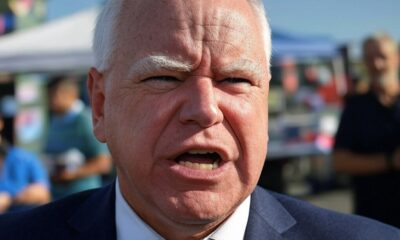
 News2 months ago
News2 months agoGovernor Walz’s Rhetoric Sparks National Controversy
-
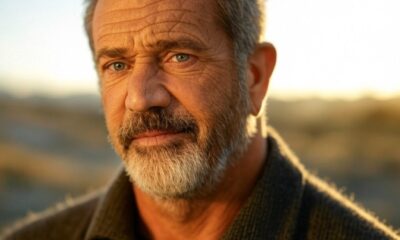
 News2 months ago
News2 months agoMel Gibson’s ‘The Passion of the Christ’ Sequel Title Announced
-

 Family2 months ago
Family2 months agoTexas Lawmaker Targets Furries in Schools
-

 Freedom2 months ago
Freedom2 months agoMaine Lawmaker Challenges Sports Fairness Controversy
-
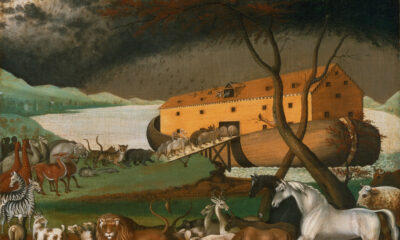
 Faith1 month ago
Faith1 month agoNew Clues Emerge in Noah’s Ark Mystery
-

 Faith2 months ago
Faith2 months agoTeacher’s Settlement Sparks Debate on Religious Freedom
-
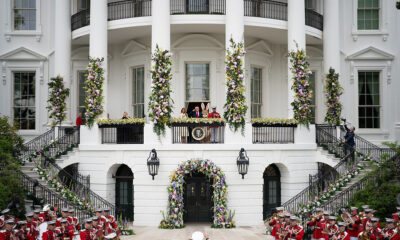
 Faith2 weeks ago
Faith2 weeks agoWhite House Transforms into Sanctuary of Prayer




